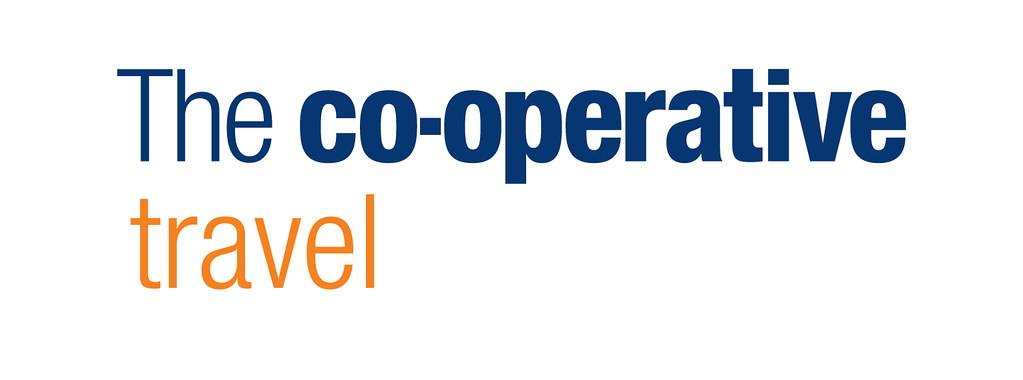I love a good bit of satire. Whether it’s old episodes of Spitting Image, Aristophanes’ ‘The Frogs’ or a bit of the Daily Mash – nothing beats good satire.
The problem is, does satire remain as satire when too many people believe it? For instance, the spoof news website BFN was originally set up with the intention of fooling right wing parties such as Britain First and UKIP into mistakenly using its stories as though they were true. Whenever a story they had made up was cited as the source for an outrageous statistic by some befuddled blowhard, they would celebrate the success on their Facebook Page. Everyone who followed them on Facebook would laugh, content that the right-wing imbecile who had fallen for the story had done exactly what the website had intended to happen.
To make it even funnier, some of the people who followed them on Facebook did so because they thought the ‘news’ being shared was real. The comments would then become a guessing game of whether or not the person commenting was in on the joke. With the page now having upwards of 40,000 people following it, the comments are always a mix of the enlightened and the bewildered. This only makes the stories even funnier.
So, where’s the problem I hear you ask?
The problem is that, while satirical news stories are fooling people all over the world as intended, are the stories actually becoming part of the problem when the joke is never properly revealed to the susceptible sharers? Furthermore, when the fake news stories are taken as fact, and shared by leading politicians and TV networks as fact, do they then become part of the very problem they’re intended to satirise?
For instance, this year’s Brexit vote divided the UK almost 50/50, with some voting leave for genuine reasons and some voting leave because of misinformation and a lack of understanding. One voter, calling into James O’Brien’s phone-in show on LBC about their reasons for voting leave, cited the many regulations from Brussels that he wanted rid of. When asked to name one, all he could come up with the ‘straight bananas’ ruling… a ruling that was, of course, a myth.
This caller can vote, and probably did
It gets worse
This isn’t an isolated incident either. The recent US election saw the very unlikely result of Donald Trump becoming the next President of the United States. His victory was aided by the spread of fake news stories and satire that, while intended to mock the right-wing Republicans, actually bolstered their resolve. While those sharing the fake stories knew they were satirical, and the more educated amongst us reading them knew they were satirical, many of the voting public did not. In fact, many news agencies picked up on the spoof stories and reported them as fact.
The Guardian goes a stage further and asks if it’s now even possible for comedians to satirise Donald Trump at all.
So, should spoof news sites now rein in their posts? If so many people fail to spot satire from fact, and share posts without fact-checking them, is it now unethical and irresponsible to be making up news even when it’s so obviously done so as a joke? There has been a lot of research lately on people sharing stories on social media without even reading them, never mind fact-checking them. One such analysis showed that only two in five people actually click through to read a post before sharing it, the rest just share it based solely on the title.
How can you possibly know what message you’re sharing if you don’t even read it? Are we really that lazy as a species?
Am I exaggerating the problem and is there actually no issue here at all? Well, The Washington Post doesn’t think so. It wrote recently on how one author of fake news stories, Paul Horner, feels he is partly responsible for Trump’s victory. His spoof news stories have been shared by Donald Trump’s camp as facts (that’s the future President of the United States, sharing spoof news he believes is real) and they’ve also appeared in Google News as facts.
Paul comments:
I thought they’d fact-check it, and it’d make them look worse. I mean that’s how this always works: Someone posts something I write, then they find out it’s false, then they look like idiots. But Trump supporters — they just keep running with it! They never fact-check anything! Now he’s in the White House.
Thankfully, Google seems to be getting its act together. We wrote recently how Google has unveiled plans to start fact-checking news stories for us, as we clearly can’t be bothered or seem incapable ourselves. But is that enough? Is it too little, too late?
I’ve never been in favour of comedy censorship. I think no subject should be off-limits as comedy lets us shine a light on subjects we’d otherwise prefer to ignore. However, when the majority seem unable to distinguish between satire and news, and then base their voting patterns on it, has comedy gone too far? Do we, the educated, have a responsibility to only share factual news stories and stop sharing the spoof news that clearly confounds so many?
These are dark times indeed, and they’ve come about due to the accessibility of the internet and how it makes a news publisher out of everyone. History will probably look back on this period and judge us for our irresponsible actions.
- Win two hospitality tickets to watch Liverpool v Toulouse at Anfield - September 25, 2023
- Wanted: Web Developer - June 13, 2022
- Facebook adds ‘automatic invitations’ to invite page followers to your group - May 17, 2021




























Is satire dead? Well, it’s certainly being killed by many of the websites currently doing it very poorly. Some sites just aren’t funny enough and others simply make up dry, believable news articles without any hint of satire in them, which surely shouldn’t be classed as satire at all?
RT @EngageWeb: Should publishers of fake news websites be more responsible with the spoof stories they write? https://t.co/2wxeO0Z8H7
Vivien Richardson liked this on Facebook.
RT @EngageWeb: Should publishers of fake news websites be more responsible with the spoof stories they write? https://t.co/2wxeO0Z8H7